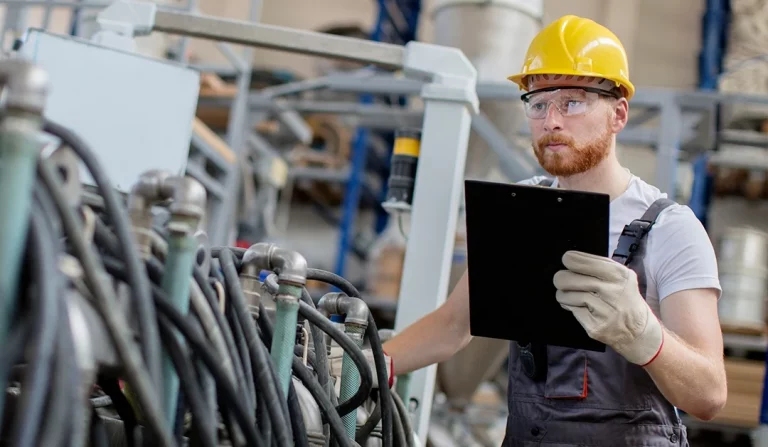Did you put necessary maintenance or repairs on a building to the back of your to-do list due to a lack of available funds or logistical problems? Delayed work, known as “deferred maintenance” refers to work that should be done but hasn’t been completed yet.
Deferred maintenance can lead to large expenses for the homeowner responsible for those expenses, but sometimes it’s the only option. We explain deferred maintenance and how it can impact the sale of your home.
What Does Deferred Maintenance Mean?
Deferred maintenance means a property is past due for repairs and maintenance issues. In most instances of deferred maintenance, homeowners and property managers push maintenance back due to financial constraints. However, the money they save can lead to increased costs later.
Deferred maintenance can lead to safety issues and inefficient operations, and there are monetary consequences for not being up to date.
Not only does lack of proper care lower the longevity and efficiency of appliances and asset deterioration, but it can also lead to legal fees, fines, and reduced trust.
You can still sell a house with deferred maintenance, but you will take a significant hit in the price.
Get Up to Date on Deferred Maintenance
Get an Offical Building Inspection
Don’t guess what needs to be done. Get a professional to inspect the property to give you a special assessment of the required repairs and maintenance.
The inspection will save you time and give you a written document that tells you what needs to be done.
During the inspection, you should also ask for an estimate on how long building materials and appliances will likely last, so that you can prepare yourself when something does come to the end of its life instead of feeling surprised by an expensive replacement.
If planning to sell a house with deferred maintenance, you will need to get an inspection anyway. Learn more about enabling yourself to sell your home as-is for cash.
Organize Deferred Maintenance Projects
Now that you know what building maintenance needs to be done, you need to organize the information and identify which projects require attention first (“immediate action tasks”) and which ones can wait until you complete the priority list (“delayed action tasks”).
If you have an emergency maintenance task or emergency repairs, such as a burst pipe, that takes priority over everything else.
Access Funding
If you don’t have the available budget monies to handle deferred repairs, get a loan or sell assets to acquire the funds necessary to get up to date on your list.
Apply for government loans and research government resources available to you before applying for personal loans that will come with a high interest rate.
As you move forward, set money aside for future maintenance and repairs (known as “capital renewal” or “capital improvements”) and hold onto spare parts for future repairs.
Improve Operations
Create a simple system that organizes future services requests and maintenance tasks.
If a resident requires a repair, they should have a simple way to enter their request and follow up on it. Maintenance managers also need a simple way of looking up what needs to be done and what was done in the past.
Go digital instead of wasting time and space with paperwork that can get lost or mismanaged.
Use your digital program to record your maintenance activity after each task so that you have proof of the work you did.
Digital programs also usually come with reminders that will keep you from forgetting about something you need to do.
Prioritize Preventive Maintenance
Preventative maintenance, maintenance completed before necessary maintenance work or repairs, prevents serious damage and expensive repairs with simple care.
A similar concept known as reactive maintenance refers to restoring items before they break down (changing lightbulbs every couple of years).
You will not get penalized for not performing preventative maintenance or reactive maintenance in a timely fashion, but it will save you a lot of money down the road.
Common items that require regular maintenance include:
- HVAC system
- Plumbing
- Appliances
- Roof
- Siding
- Landscaping
- Pest control
- Lighting
Having a solid preventative maintenance plan can prevent a maintenance backlog in the future.
Don’t forget to clearly organize a preventative maintenance schedule and who in your maintenance team is responsible for completing the task and recording it once completed.
Conclusion
Deferring maintenance at a property leads to unnecessary expenses. Prevent a deferred maintenance backlog through routine maintenance and timely repairs. When you do get behind, handle the deferred maintenance item head-on before it snowballs into a seemingly unmanageable list. Proper systems can keep you organized, even when things get busy.

